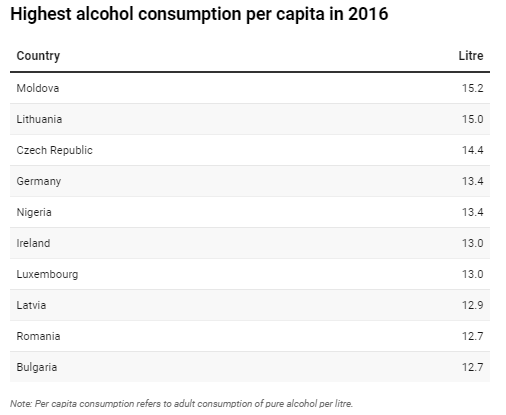
💰 The majority leader of #Nigeria’s house of representatives @aadoguwa recently claimed the law required him N70 million – and in cash – for election expenses.
We checked this & three other eye-watering statements for accuracy. africacheck.info/nigeria_electi… #NigeriaDecides2023
We checked this & three other eye-watering statements for accuracy. africacheck.info/nigeria_electi… #NigeriaDecides2023
@aadoguwa Claim: “A member of the house of representatives is expected to have not more than N70 million to conduct his election, logistics and other things, by law.”
Verdict: Incorrect
africacheck.info/nigeria_electi…
Verdict: Incorrect
africacheck.info/nigeria_electi…
@aadoguwa The country’s Electoral Act 2022 states that the maximum a candidate seeking a seat in the house of representatives can spend on election expenses is N70 million. For the senate, the maximum is N100 million (about $220,000). africacheck.info/nigeria_electi…
@aadoguwa But the N70 million limit @aadoguwa referred to applies to *all candidates* campaigning for a seat in the house of representatives – not only those who already hold office and are seeking re-election. africacheck.info/nigeria_electi…
@aadoguwa Claim: “The law has provided the amount of money we need to oversee our election process.”
Verdict: Misleading africacheck.info/nigeria_electi…
Verdict: Misleading africacheck.info/nigeria_electi…
@aadoguwa We did not find any part of the electoral law that sets out the specific amount of money candidates must spend on campaigns or other expenses associated with getting elected. africacheck.info/nigeria_electi…
@aadoguwa The purpose of this section of the Electoral Act is to limit the costs a candidate can incur in the process of getting elected. It doesn’t dictate how much a candidate needs. africacheck.info/nigeria_electi…
@aadoguwa Claim: “The law allows me to have the N70 million in cash.”
Verdict: Incorrect africacheck.info/nigeria_electi…
Verdict: Incorrect africacheck.info/nigeria_electi…
@aadoguwa No part of the Electoral Act states that election candidates must have N70 million in physical cash. africacheck.info/nigeria_electi…
@aadoguwa An expert told us “the reason politicians are revolting against the naira redesign and withdrawal limit is that they need amounts in cash to woo voters and influence electoral officials and security agents. These are not allowed by law.” africacheck.info/nigeria_electi…
@aadoguwa Claim: “A presidential candidate needs to have N1 billion.”
Verdict: Incorrect africacheck.info/nigeria_electi…
Verdict: Incorrect africacheck.info/nigeria_electi…
@aadoguwa The Electoral Act does not say that a presidential candidate needs a specific amount of money for an election. It only sets a maximum limit of N5 billion (about $10.9 million, and not N1 billion) for election expenses. africacheck.info/nigeria_electi…
@aadoguwa It also provides for a fine or imprisonment if a candidate knowingly contravenes this provision. africacheck.info/nigeria_electi…
• • •
Missing some Tweet in this thread? You can try to
force a refresh






